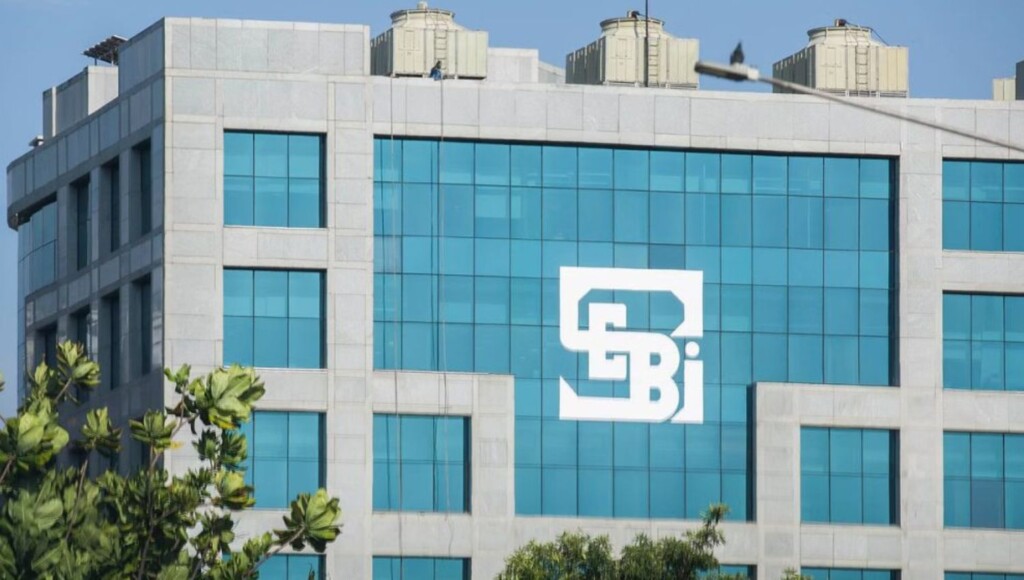Sebi has fined HSBC Asset Management (India) Rs 5 lakh after finding that a 2023 order which cleared the fund house during an investigation was incorrect. The penalty is related to activities by L&T AMC, which was purchased by HSBC Group in May 2023 and later merged with HSBC AMC in October 2023. Sebi was examining whether the fund house had adequately recorded the rationale behind its investment decisions.
The examination also delved into the rationale behind the sale of three specific stocks—Hindustan Zinc, Sadbhav Engineering, and Vodafone Idea—resulting in losses of Rs 1.61 crore, Rs 14.97 crore, and Rs 25.43 crore, respectively. Collectively, these losses totaled more than Rs 42 crore. After conducting a thorough review, Kamlesh C Varshney, the whole-time member of the regulatory body, concluded that the previous directive was “flawed as they do not serve the best interests of the securities market.” On November 6, 2023, Sebi issued a show cause notice to HSBC AMC, inquiring why a prior order dated August 23, 2023, issued by an adjudicating officer, should not be reevaluated and potentially amended, including the imposition of a penalty.
The previous directive was issued in response to Sebi’s request for an independent auditor to examine L&T Mutual Fund’s activities from April 1, 2019, to March 31, 2021. The audit findings, which were presented on July 15, 2022, revealed discrepancies in record-keeping and the rationale behind investment decisions. During the adjudication process, the designated officer absolved the fund house of any misconduct.
The decision highlighted the ambiguity in Sebi’s July 2000 circular, which outlined the criteria that Asset Management Companies (AMCs) should consider for future investment decisions. It also noted that both the Mutual Fund Regulations and the circular did not establish deadlines for updating research reports, making it unreasonable to hold the AMC accountable for failing to do so.
Furthermore, the directive stated that the AMC had affirmed its continuous monitoring of investee companies’ stocks, and in the absence of evidence to the contrary, the claim of inadequate due diligence due to the outdated research report was not supported.
